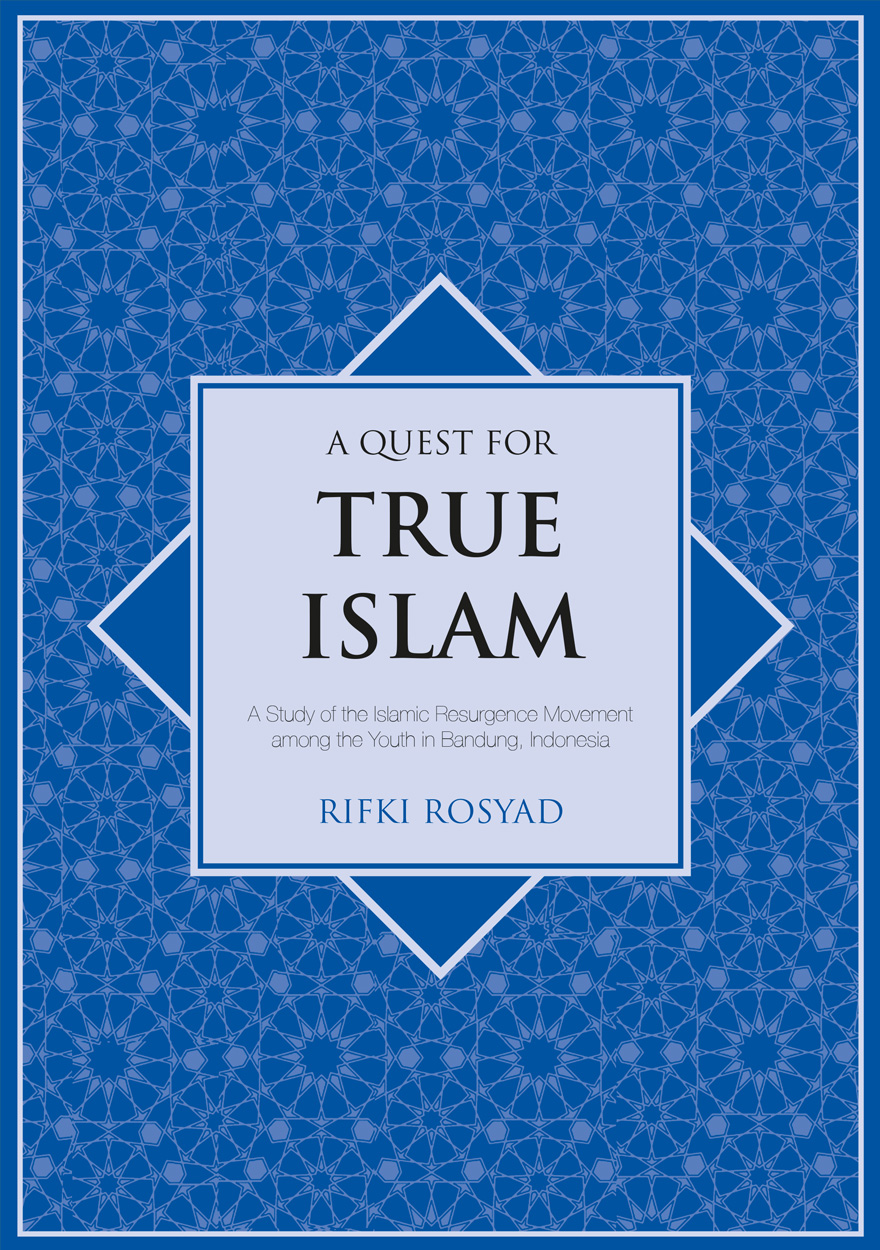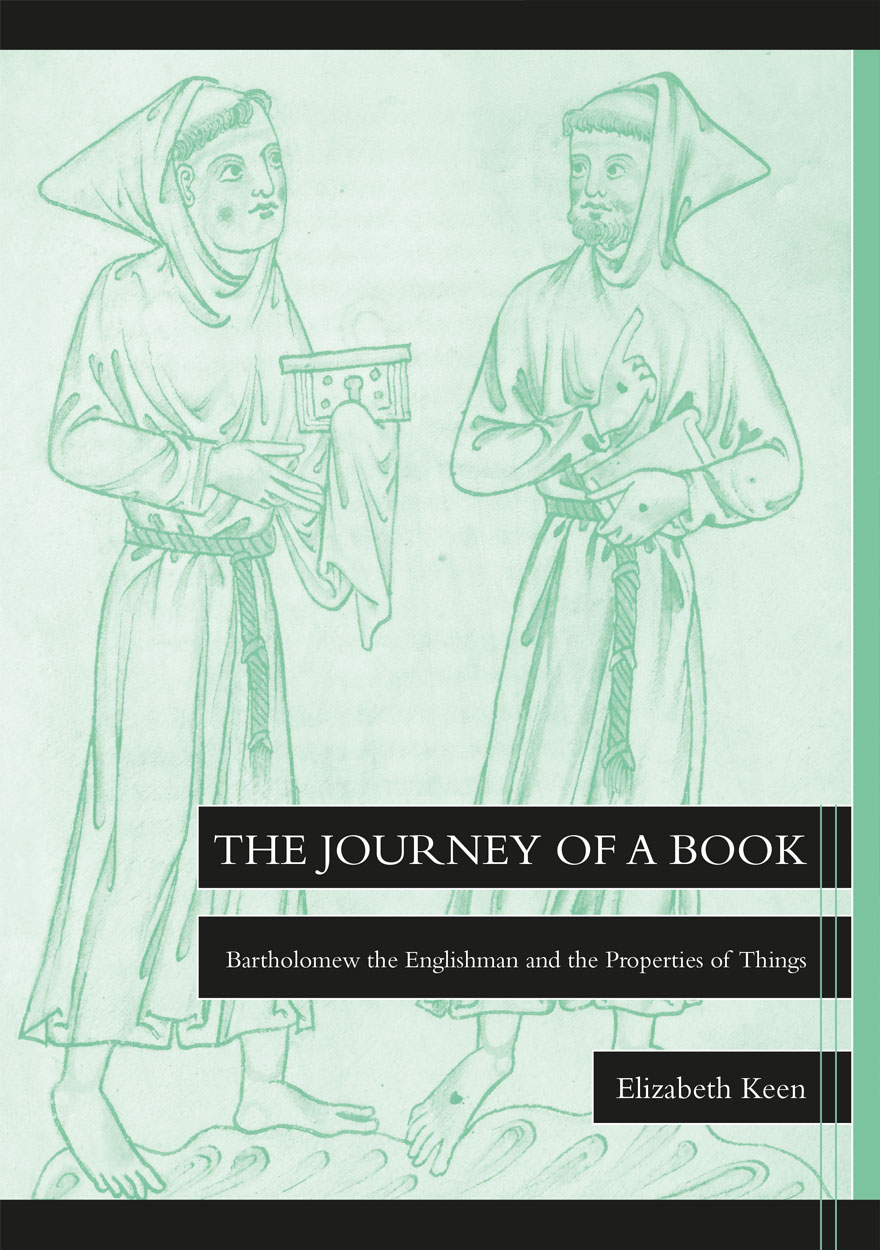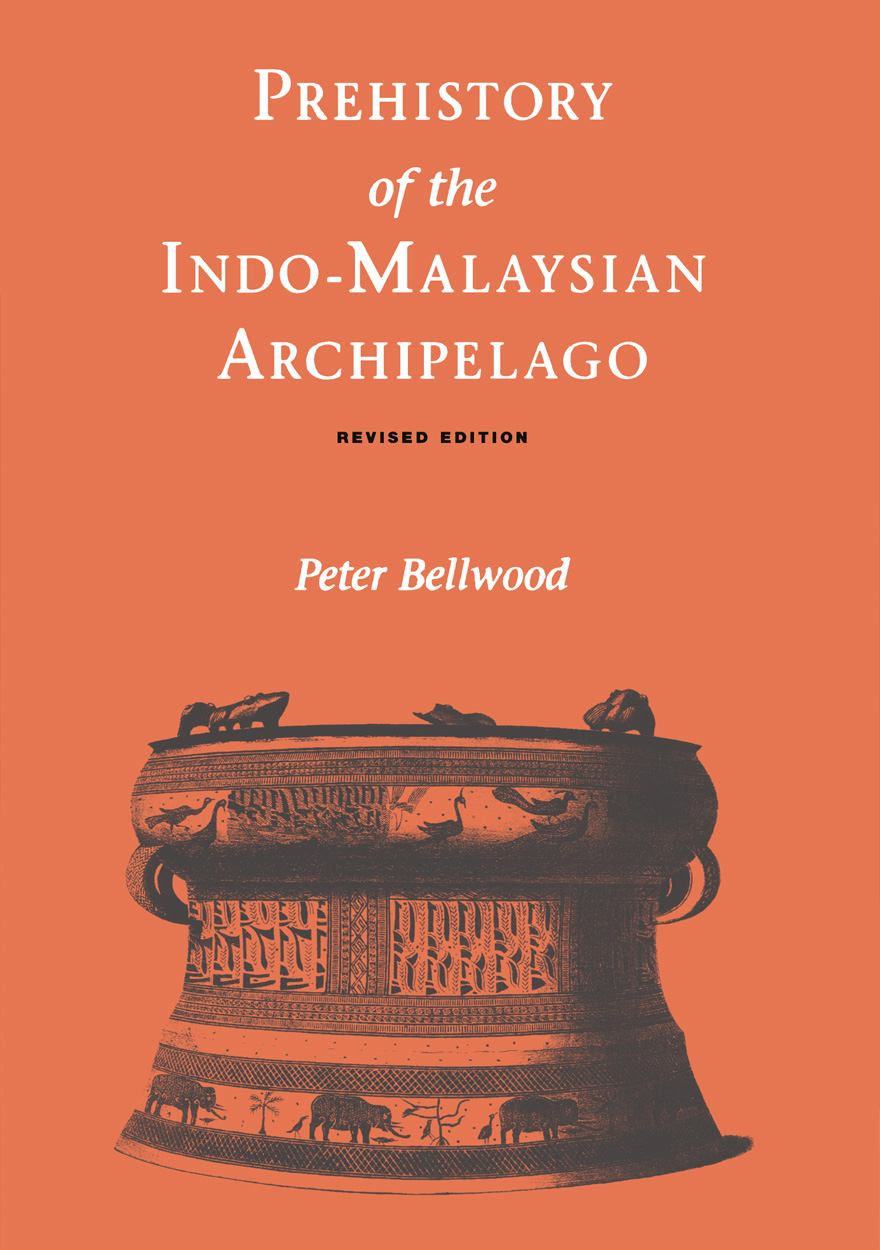Books
Browse or search ANU Press' range of books or find out more about the publications' authors and co-publishers. Download the book for free or buy a print-on-demand copy.
Displaying results 681 to 690 of 751.

A Quest for True Islam »
A Study of the Islamic Resurgence Movement among the Youth in Bandung, Indonesia
Authored by: Rifki Rosyad
Publication date: July 2007
This study presents the contemporary Islamic resurgence movement among young people in Bandung Indonesia, focusing on its emergence, development and routinisation. It traces various factors and conditions that contributed to the emergence of the movement. It also tries to explain how and why young people (students in particular) turn to Islam, and how the movement is organised and developed among students. Finally, it examines internal changes among various Islamic groups as responses to social, political and cultural changes.

Re-Visioning Arts and Cultural Policy »
Current Impasses and Future Directions
Authored by: Jennifer Craik
Publication date: July 2007
In this monograph, Jennifer Craik undertakes a critical and historical analysis of the main imperatives of arts and cultural policy in Australia. With forensic skill she examines the financial and policy instruments commonly relied upon in this much contested and diverse area of public policy. Craik uses her analysis of past and current policy responses as a platform for articulating future options. This is a valuable work for cultural professionals and administrators, art historians and, indeed, anyone with an abiding interest in the management of the nation’s cultural estate.

Customary Land Tenure & Registration in Australia and Papua New Guinea »
Anthropological Perspectives
Edited by: James Weiner, Katie Glaskin
Publication date: June 2007
The main theme of this volume is a discussion of the ways in which legal mechanisms, such as the Land Groups Incorporation Act (1974) in PNG, and the Native Title Act (1993) in Australia, do not, as they purport, serve merely to identify and register already-existing customary indigenous landowning groups in these countries. Because the legislation is an integral part of the way in which indigenous people are defined and managed in relation to the State, it serves to elicit particular responses in landowner organisation and self-identification on the part of indigenous people. These pieces of legislation actively contour the progressive evolution of landowner social, territorial and political organisation at all levels in these nation states. The contributors to this volume provide in-depth anthropological case studies of social structural and cultural transformations engendered by the confrontation between states, developers and indigenous communities over rights to customarily owned land.

From Election to Coup in Fiji »
The 2006 campaign and its aftermath
Edited by: Jon Fraenkel, Stewart Firth
Publication date: June 2007
In May 2006 Fiji held its tenth general election since independence in 1970. In a country with an unenviable history of electoral trauma, the mood was apprehensive if not tense – not least because of controversial public statements against the incumbent Qarase government being made by the commander of Fiji’s military forces.
Despite a record number of parties and candidates, the winners were the two big parties – the heavily church-backed SDL, the party of choice of the majority of indigenous Fijians; and the Fiji Labour Party, the party preferred by most Indo-Fijians.
Although the result was ethnically polarised, for the first time in Fijian history the successful candidates came together to share power in a constitutionally ordained multiparty cabinet, with Laisenia Qarase retaining the prime ministership. But the fragile collaboration was short-lived. On 5 December 2006, Commodore Voreqe Bainimarama ordered a military takeover, declaring himself ‘President’, ousting the elected government and replacing it with an ‘interim’ government of his choice, and once again throwing Fiji into political turmoil.
With contributions from ex-Vice President Ratu Joni Madraiwiwi, ousted Prime Minister Laesenia Qarase, leader of the Fiji Labour Party and now interim Minister for Finance Mahendra Chaudhry, and an impressive array of leading commentators on Fijian affairs, this book provides a comprehensive and penetrating analysis of the lead-up to, the outcome and the aftermath of Fiji’s historic 2006 election. Shedding light on the complex weave of traditional chiefly systems, race relations, economics, constitutionality, the military ethos and religion, From Election to Coup in Fiji is essential reading for anyone with an interest in Fiji, the South Pacific and the politics of divided societies.

The Journey of a Book »
Bartholomew the Englishman and the Properties of Things
Authored by: Elizabeth Keen
Publication date: June 2007
De proprietatibus rerum, ‘On the properties of things’, has long been referred to by scholars as a medieval encyclopedia, but evidence suggests that it has been many things to many people. The sheer number of extant manuscript copies and printed editions, along with translations, adaptations, and mentions in poems and sermons, testify to its continuous significance for Europeans of all estates and different walks of life, from the thirteenth to the seventeenth centuries. While first compiled soon after the time of St Francis by a humble continental friar to meet the needs of his expanding religious brotherhood, by 1600 English men of letters had claimed Bartholomew as a noble compatriot and national treasure. What was it about the work that propelled it through a progression of medieval cultures and into an exalted position in the world of English letters? This reception history traces evidence for the journey of ‘Properties’ over four centuries of social, political and religious change.

A Passion for Policy »
Essays in Public Sector Reform
Edited by: John Wanna
Publication date: June 2007
This collection of papers is concerned with issues of policy development, practice, implementation and performance. It represents a range of views about diverse subjects by individuals who are, for the most part, in the public eye and who have the capacity to influence the shape and the reality of public policy. Each has a story to tell, with insights that can only be drawn by those working at the ‘sharp end’ of policy.

Boats to Burn »
Bajo Fishing Activity in the Australian Fishing Zone
Authored by: Natasha Stacey
Publication date: June 2007
Under a Memorandum of Understanding between Indonesia and Australia, traditional Indonesian fishermen are permitted access to fish in a designated area inside the 200 nautical mile Australian Fishing Zone (AFZ). However, crew and vessels are regularly apprehended for illegal fishing activity outside the permitted areas and, after prosecution in Australian courts, their boats and equipment are destroyed and the fishermen repatriated to Indonesia. This is an ethnographic study of one group of Indonesian maritime people who operate in the AFZ. It concerns Bajo people who originate from villages in the Tukang Besi Islands, Southeast Sulawesi. It explores the social, cultural, economic and historic conditions which underpin Bajo sailing and fishing voyages in the AFZ. It also examines issues concerning Australian maritime expansion and Australian government policies, treatment and understanding of Bajo fishing. The study considers the concept of “traditional” fishing regulating access to the MOU area based on use of unchanging technology, and consequences arising from adherence to such a view of “traditional”; the effect of Australian maritime expansion on Bajo fishing activity; the effectiveness of policy in providing for fishing rights and stopping illegal activity, and why Bajo continue to fish in the AFZ despite a range of ongoing restrictions on their activity.

Electronic Engagement »
A Guide for Public Sector Managers
Authored by: Peter Chen
Publication date: March 2007
Over the last twenty years, advanced communication technologies have become pervasive throughout Western society. These technologies have not only revolutionised the delivery of public and private services, they have shaped consumers’ expectations about service quality.
This guide (written for managers who have an interest in expanding their approach to public engagement, rather than IT professionals) assesses the value that new communications and computing technology can bring to interactions with a range of potential stakeholders.
An engaging, provocative and thorough survey of available technologies and potential applications, this is a ‘must read’ for policy and program practitioners who are considering options for electronic engagement.

The Lexicon of Proto Oceanic »
The culture and environment of ancestral Oceanic society: 2 The physical environment
Authored by: Malcolm Ross, Andrew Pawley, Meredith Osmond
Publication date: March 2007
This is the second in a series of five volumes on the lexicon of Proto Oceanic, the ancestor of the Oceanic branch of the Austronesian language family. Each volume deals with a particular domain of culture and/or environment and consists of a collection of essays each of which presents and comments on lexical reconstructions of a particular semantic field within that domain.
Volume 2 examines how Proto Oceanic speakers described their geophysical environment. An introductory chapter discusses linguistic and archaeological evidence that locates the Proto Oceanic language community in the Bismarck Archipelago in the late 2nd millennium BC. The next three chapters investigate terms used to denote inland, coastal, reef and open sea environments, and meteorological phenomena. A further chapter examines the lexicon for features of the heavens and navigational techniques associated with the stars. How Proto Oceanic speakers talked about their environment is also described in three further chapters which treat property terms for describing inanimate objects, locational and directional terms, and terms related to the expression of time.

Prehistory of the Indo-Malaysian Archipelago »
Revised Edition
Authored by: Peter Bellwood
Publication date: March 2007
Since its publication in 1985, Peter Bellwood’s Prehistory of the Indo-Malaysian Archipelago has been hailed as the sole authoritative work on the subject by the leading expert in the field. Now that work has been fully revised and includes a complete up-to-date summary of the archaeology of the region (and relevant neighboring areas of China and Oceania), as well as a comprehensive discussion of new and important issues (such as the “Eve-Garden of Eden” hypothesis and its relevance to the Indo-Malaysian region) and recent advances in macrofamily linguistic classification.
Moving north to south from northern Peninsular Malaysia to Timor and west to east from Sumatra to the Moluccas, Bellwood describes human prehistory from initial hominid settlement more than one million years ago to the eve of historical Hindu-Buddhist and Islamic cultures of the region. The archaeological record provides the central focus, but chapters also incorporate essential information from the paleoenvironmental sciences, biological anthropology, linguistics, and social anthropology. Bellwood approaches questions about past cultural and biological developments in the region from a multidisciplinary perspective. Historical issues given extended treatment include the significance of the Homo erectus populations of Java, the dispersal of the present Austronesian-speaking peoples of the region within the past 4,000 years, and the spread of metallurgy since 500 B.C. Bellwood also discusses relationships between the prehistoric populations of the archipelago and those of neighboring regions such as Australia, New Guinea, and mainland Asia.



